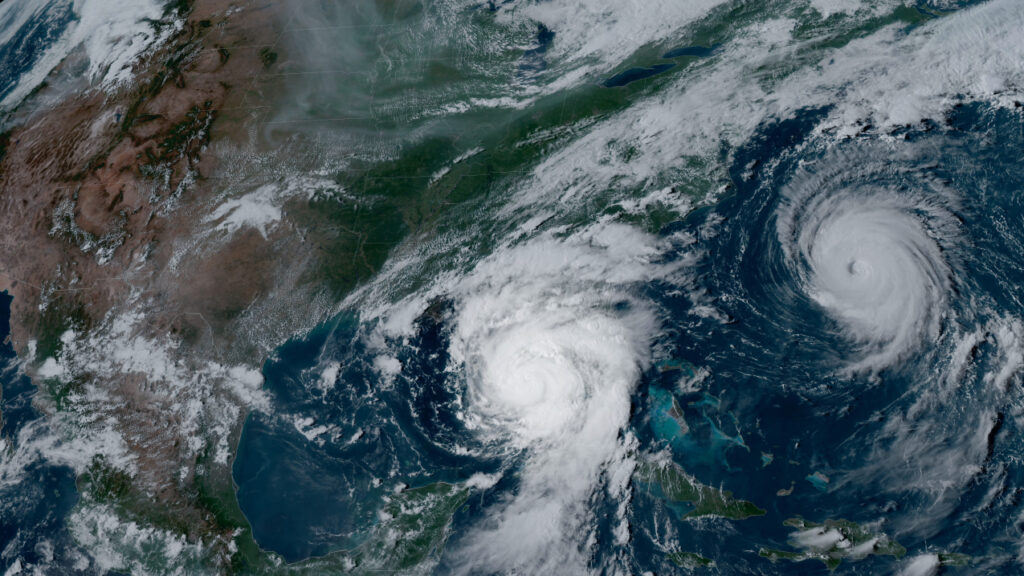It’s sea turtle nesting season—here’s how you can help
Reading time: 2 minutes

It’s officially nesting season for sea turtles along the Alabama Gulf Coast, which mean baby turtles will be hatching and making their way to the sea. It’s important for beachgoers and locals to know the steps for protecting the nests, so keep reading to find out how you can help.
An endangered species

Did you know you can find four different sea turtle species nesting on Alabama/Florida Gulf Coast? Among these four species, the loggerhead and green sea turtles are the most common nesters, followed by the less common Kemp’s ridley and leatherback.
Under the Endangered Species Act (ESA), green turtle, Kemp’s ridley and leatherback are considered endangered while the loggerhead is classified as threatened.
So what’s nesting season? From May to October, sea turtles lay their eggs in the sand and then go back into the sea, leaving the eggs alone in the sand. Once the babies hatch, they follow the light of the moon to make their way back to the sea.
Here’s what the Escambia County Sea Turtle Conservation Program and the Alabama Coastal Foundation recommend for protecting the turtles.
How to protect sea turtles
- Avoid flash photography at night and only use approved sea turtle-friendly flashlights.
- Locals turn off outside patio lights and shield indoor lights from shining onto the beach at night.
- Do not disturb nests. Most of them will be marked by conservationists.
- Keep your distance—at least 30 feet—if you see an adult turtle on the beach.
- Leave turtle tracks undisturbed.
- Leave only footprints! Don’t leave beach gear, holes or trash on the beach.
- Report sightings to 866-SEA-TURTLE (866-732-8878).
Adults may lay eggs several times in one season! The incubation period for the eggs lasts roughly sixty days, so it’s crucial to be aware of the signs of nesting or hatching activity.
Beware, disturbing or harming the turtles could mean facing fines up to $15K.
BONUS: Sea turtle sculpture highlights ‘Help Keep Our Waters Clean’ project [PHOTOS]
Want more buzzy news like this? Sign up for our daily newsletter—100% FREE!







